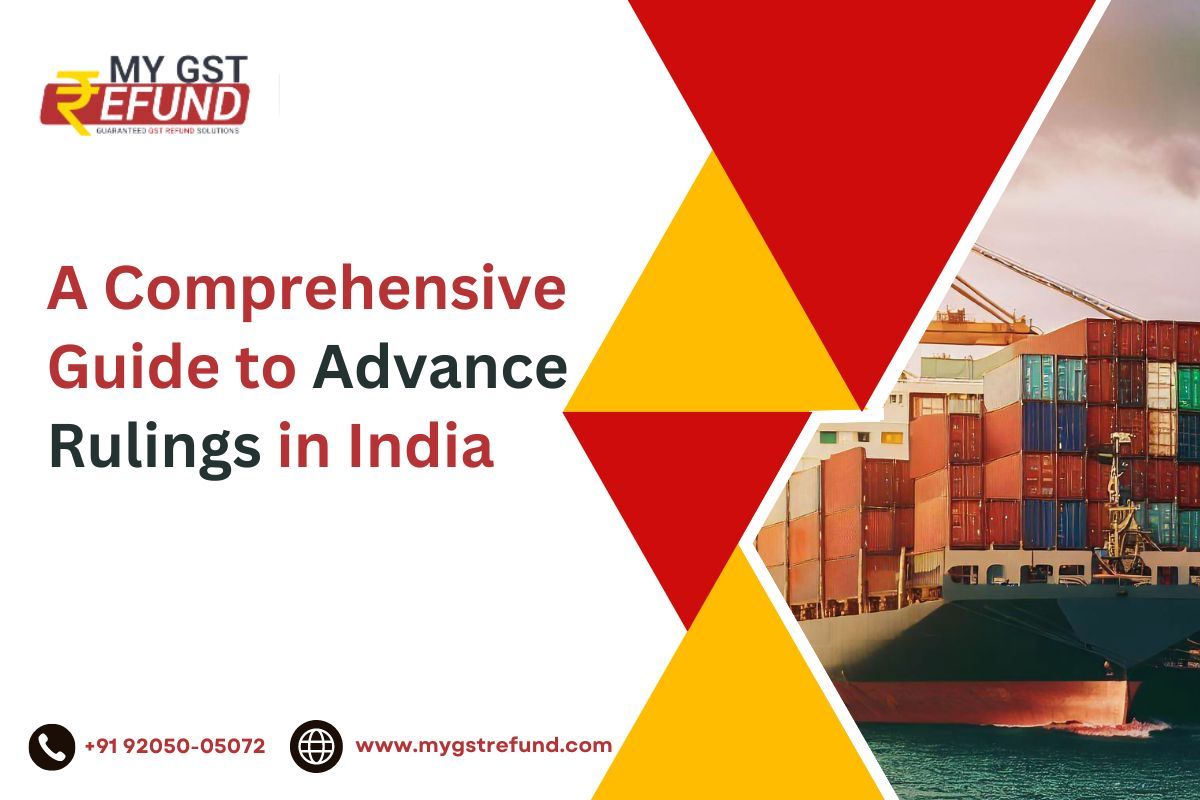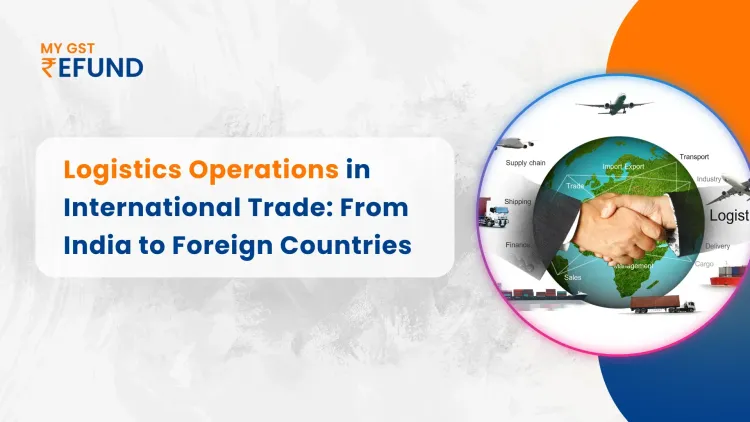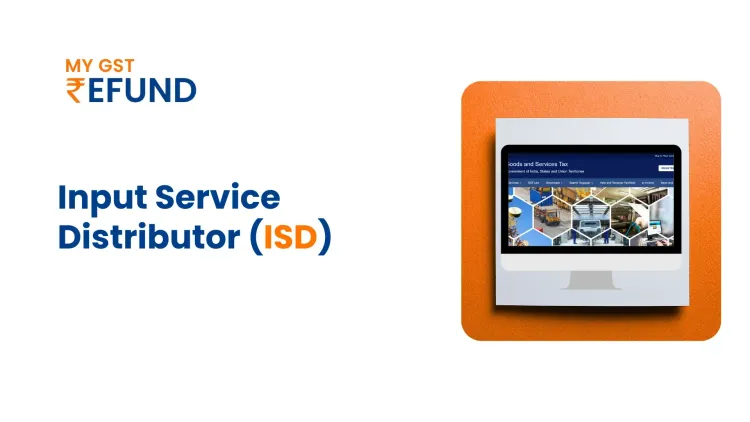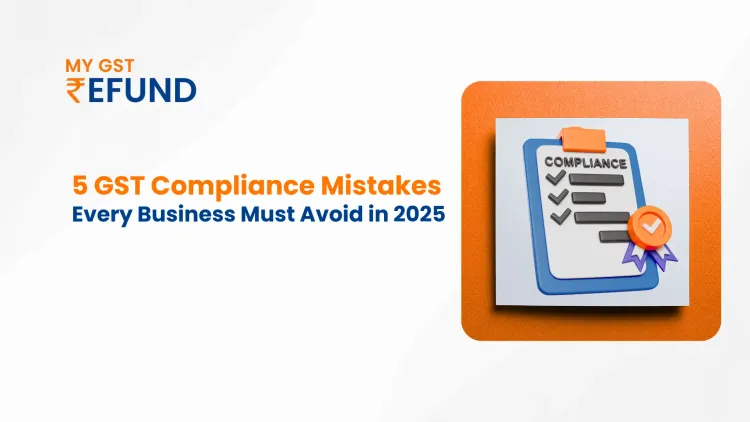A Comprehensive Guide to Advance Rulings in India
Published on: Tue Jan 30 2024
Bio (Reveal/Hide)

The complex world of taxation often throws up uncertainties, leading to potential disputes and litigation. To address this conundrum, the Indian government established a mechanism known as Advance Rulings, providing taxpayers with clarity and predictability regarding their tax liabilities.
What is Advance Ruling?
An Advance Ruling, as defined under the Central Goods and Services Tax Act (CGST Act), 2017, is a decision provided by the designated authorities on various tax-related matters or questions concerning the supply of goods or services. Essentially, it serves as a pre-emptive clarification about the tax treatment of a specific transaction or business model, allowing taxpayers to make informed decisions without the looming threat of future disputes.
Objectives of Advance Rulings
Providing certainty: Advance Rulings offer taxpayers clarity on their tax liabilities in advance, enabling them to make informed business decisions and minimize the risk of unexpected tax burdens.
Reducing litigation: By resolving potential disputes upfront, Advance Rulings aim to reduce the number of tax-related litigations in the system, thereby streamlining processes and saving resources.
Fostering investment: This mechanism attracts foreign direct investment (FDI) by offering certainty and predictability in the tax environment.
Promoting transparency: Advance Rulings contribute to increased transparency in tax administration by establishing clear precedents and interpretations of the law.
Scope of Advance Rulings
The matters and questions for which Advance Rulings can be sought are outlined in specific sections of the CGST Act:
Section 97(2): This section covers questions related to the classification of goods or services, rate of tax applicable, applicability of exemption notifications, and determination of the place of supply.
Section 100(1): This section delves into matters concerning the liability to pay tax, input tax credit eligibility, time and mode of payment of tax, and applicability of reverse charge mechanism.
Authority for Advance Rulings (AAR) and Appellate Authority for Advance Rulings (AAAR)
The responsibility of issuing Advance Rulings lies with the Authority for Advance Rulings (AAR), established under the CGST Act. Currently, India has five regional AARs located in Delhi, Mumbai, Chennai, Kolkata, and Bangalore. Appeals against the AAR's decisions can be made to the Appellate Authority for Advance Rulings (AAAR) located in New Delhi.
Also Read: A Guide to GST Export Refund in India
When does an Advance Ruling apply?
The applicability of an Advance Ruling extends to:
Any registered taxable person under the CGST Act.
Any person desirous of obtaining registration under the CGST Act.
Any person who has entered into, or proposes to enter into, a transaction that has tax implications under the CGST Act.
Appealing against AAR's Order
If a taxpayer is not satisfied with the AAR's ruling, they can file an appeal to the AAAR within 30 days of receiving the order. The AAAR reviews the case and issues its own ruling, which is binding on both the taxpayer and the tax authorities.
Also Read: GST Fund: A Comprehensive Guide
Powers and Procedures of AAR and AAAR
Both AAR and AAAR have the power to:
Call for additional information or documents from the applicant.
Summon witnesses and examine them on oath.
Take expert advice on technical matters.
Issue interim rulings in certain cases.
Their procedures are governed by separate rules, ensuring transparency and due process throughout the appellate process.
Related Posts






